In Morocco, the mixture of clay and cade oil is enough to make you forget about plastic bottles
In Morocco, cade oil is used to decorate clay carafes and cups, and to preserve the water they contain....
In Morocco, the recycling sector is developed, industrialized and competitive with nearly 2 tons of plastics recycled per day. 94% of these wastes are informally managed via shell companies, which allow entrepreneurs to formalize. However, the informal sector is sometimes intimately linked to the formal sector. One example particularly struck us: in Agadir, municipal garbage collectors have a second undeclared but nevertheless very organized income that is visible to all. They rent a flatbed truck and hire sorters whom they install on the truck. This truck follows the garbage truck and allows the recyclables (primarily plastic bottles) to be sorted out at each stop before putting the rest of the waste in the garbage truck. Upon arrival at the landfill, only low-value waste remains, with the recyclables being sold to the informal sector.
On the legislative side, Morocco has banned disposable plastic bags (Zero Mika law). A commendable initiative on the part of the authorities, knowing that the law has been enforced, unlike in Tunisia. But has this solved the problem? Unfortunately not. Plastic bags have been replaced by 100%… plastic fabric bags! Non-woven polypropylene (equivalent to disposable masks) that fray and degrade into fibers and micro-particles quickly!
In Morocco, cade oil is used to decorate clay carafes and cups, and to preserve the water they contain....
Plastic Odyssey met recycling entrepreneurs in Morocco. Here are some examples of initiatives encountered during our stopover....
The 5th session of the OnBoard Laboratory took place in Tangier, Morocco. We welcomed 10 local entrepreneurs in waste recycling on board the vessel....
By crossing the mythical Strait of Gibraltar, Plastic Odyssey turns the first page of its mission around the world: after the Mediterranean, it's time for the Atlantic....
Said Ben Amar is the first Moroccan to have crossed the Atlantic Ocean from Senegal to French Guiana in 2012. With 5,000 km traveled in 51 days, rowing solo without stopping or assistance, Said was ab...
recycling initiatives
A very industrialized and competitive plastic waste recycling industry, mostly managed by the informal sector.
awareness and education
In Morocco, 650 students visited the ship, and a first: a live event that brought together 2,000 French schoolchildren.
entrepreneurs trained
A dozen experienced entrepreneurs came to share their experience for a few days as part of the OnBoard Laboratory program.
Morocco, especially Casablanca and its region, is full of recyclers. These companies are mostly unregistered, but they are nevertheless very industrial. Low-tech recycling solutions are not very widespread.
Despite measures aimed at reducing the use of plastics, Morocco remains faced with a major challenge: the valorization of low-value-added waste such as bags and other soft plastics, especially when they are scattered in nature. They are then less profitable to exploit because the ratio of time spent/kilogram picked up is not favorable. Economic models that allow for better valorization of these specific wastes, such as transforming them into finished products, could help.
Future generations as the driving force for change? We are very happy with the results obtained in Morocco. The 650 students sensitized on board the ship during the stopover, and the 2,000 French schoolchildren who followed the first live broadcast from the ship, became aware of the impact of plastic pollution on our health and ecosystems. Their testimonies and work will contribute to our social science research program aimed at breaking our dependence on plastic.
Tangier, Morocco
The Plastic Odyssey vessel makes a stopover in Tangier
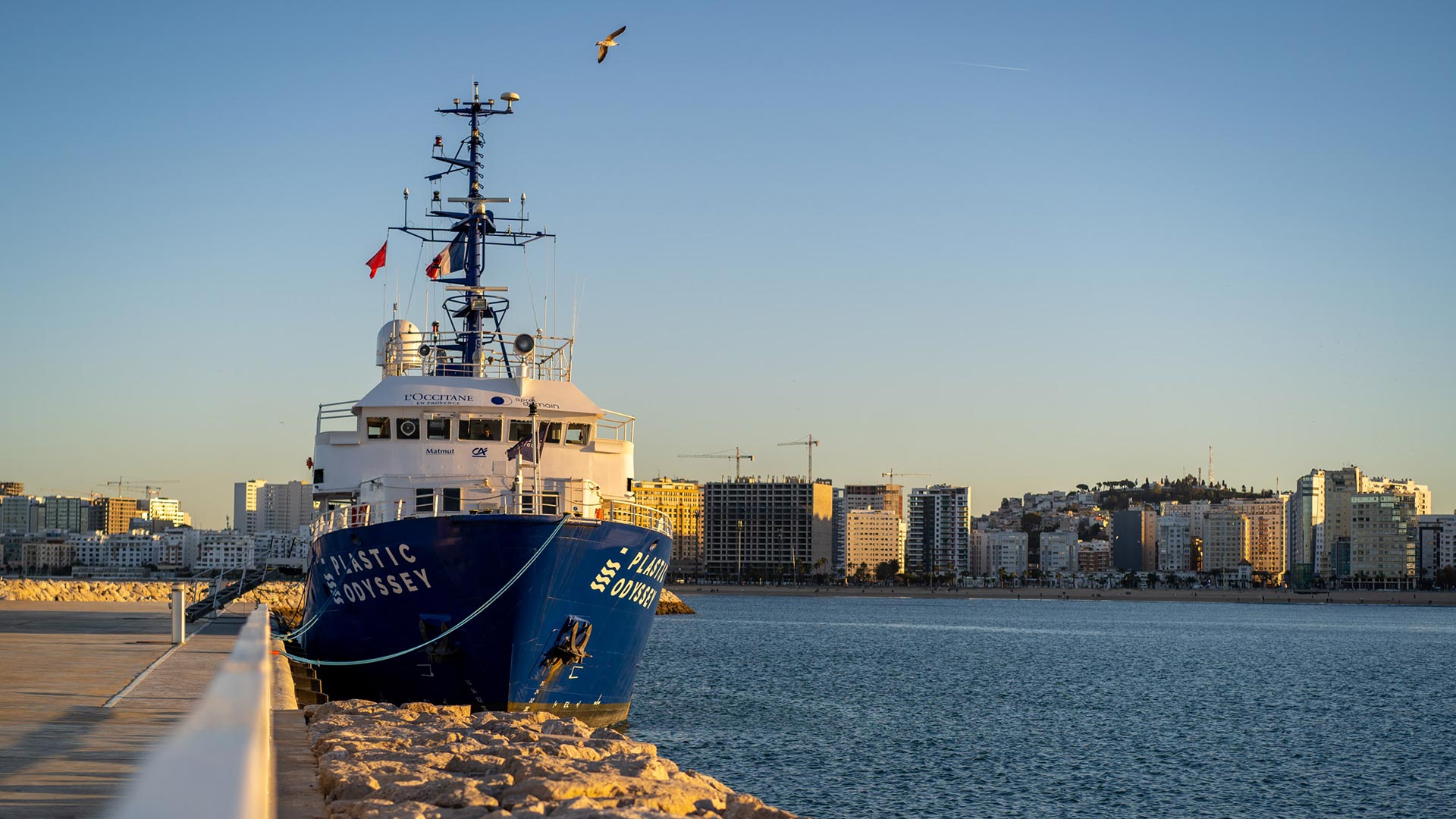
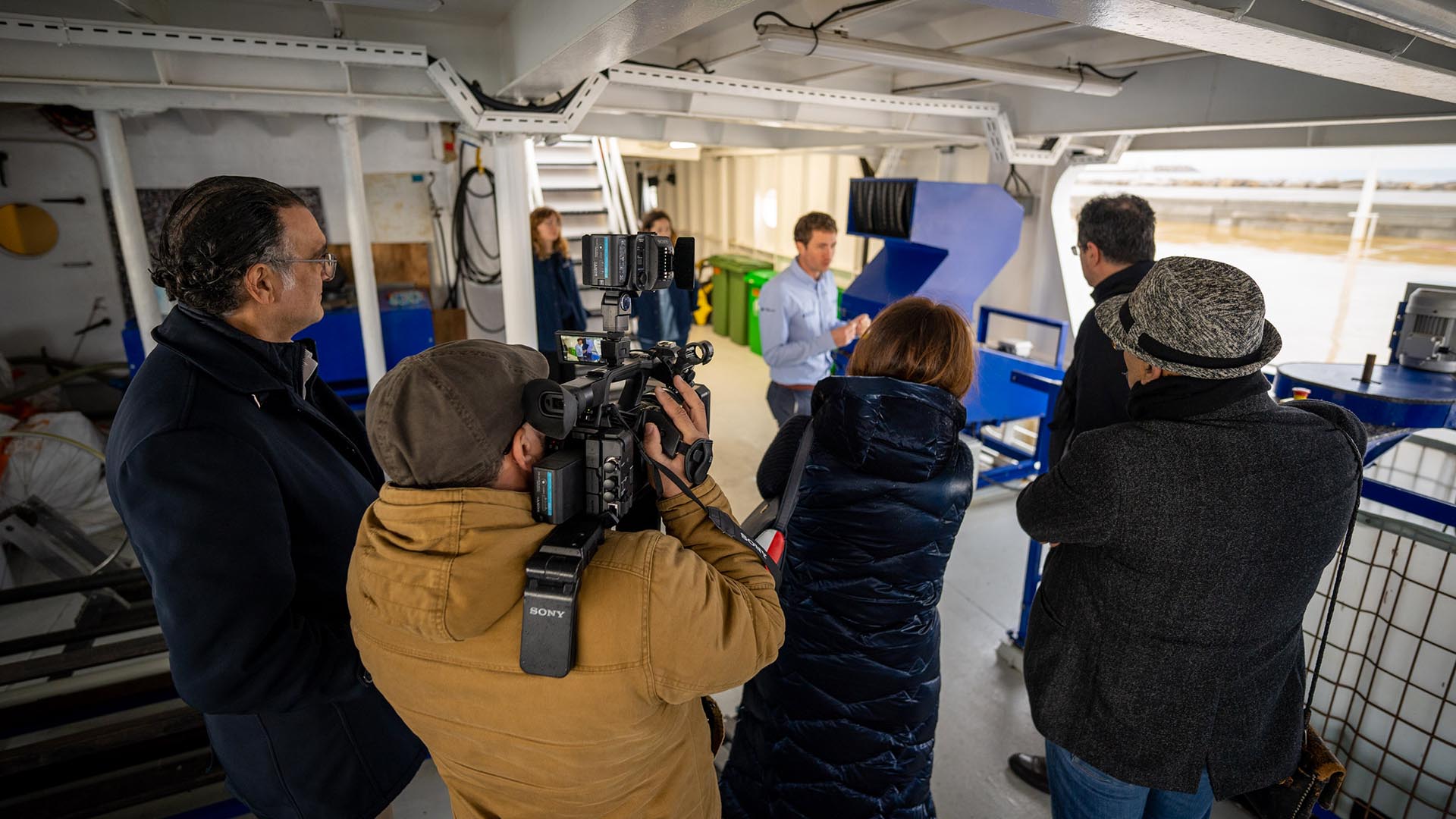
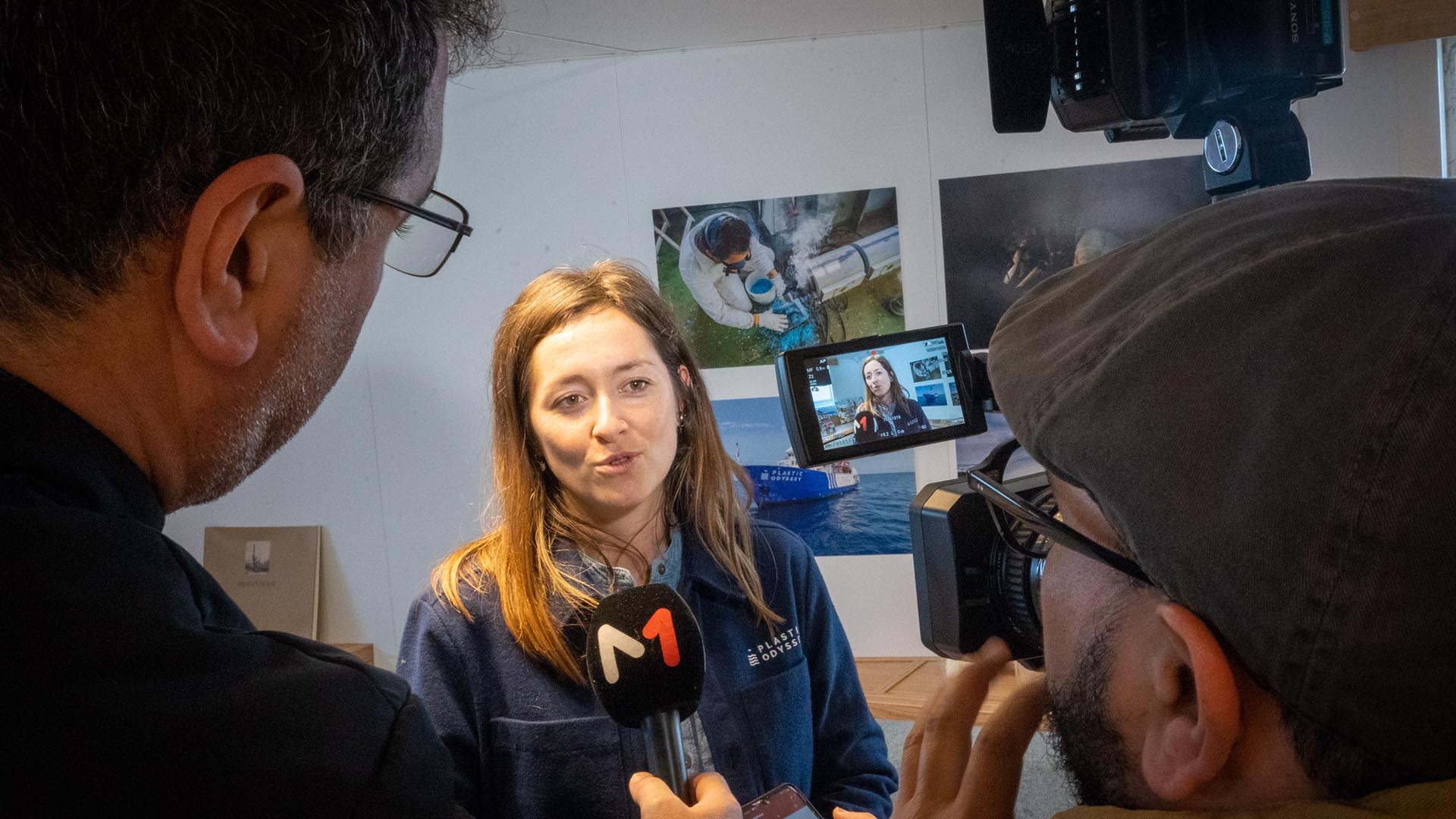
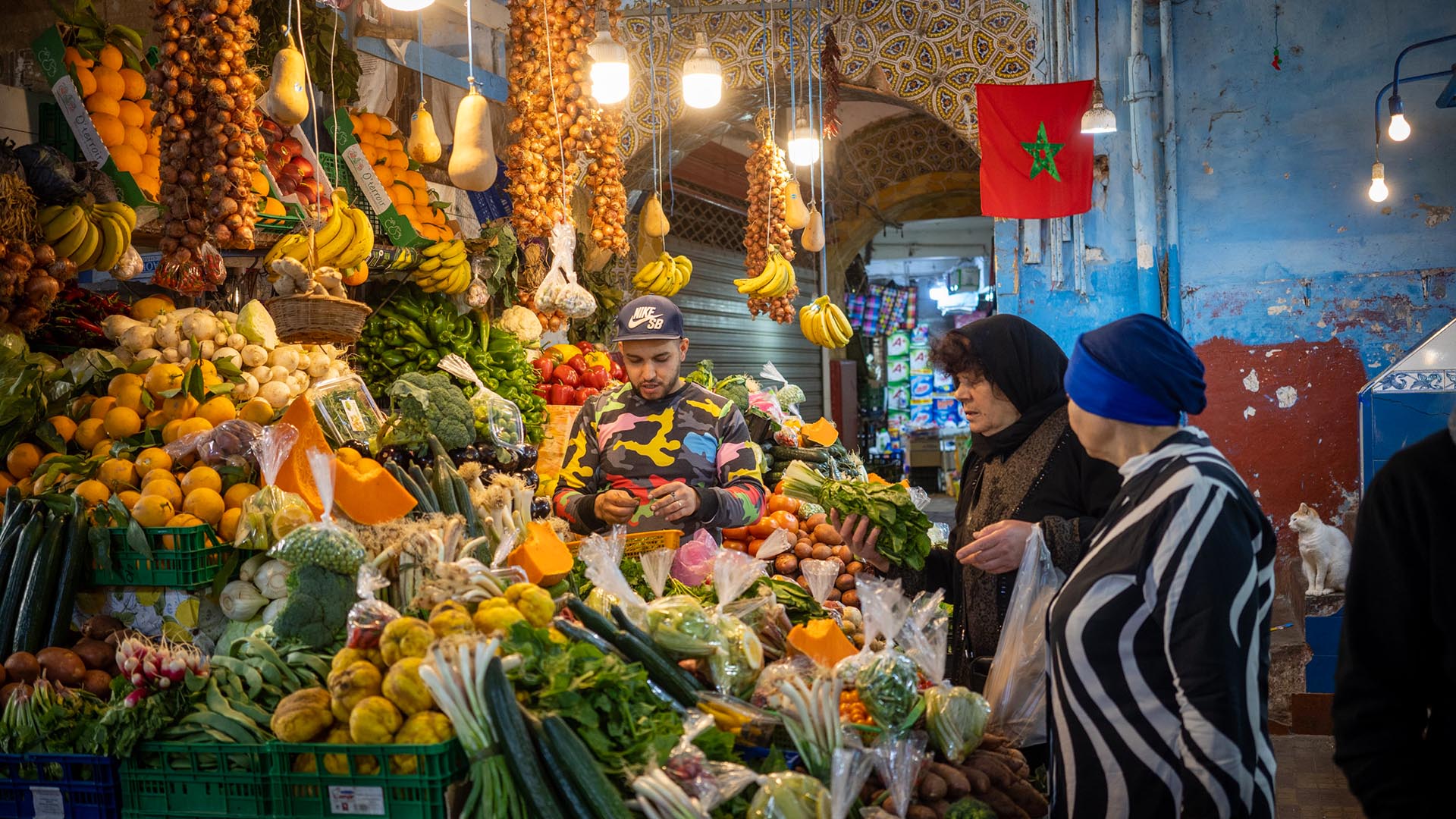
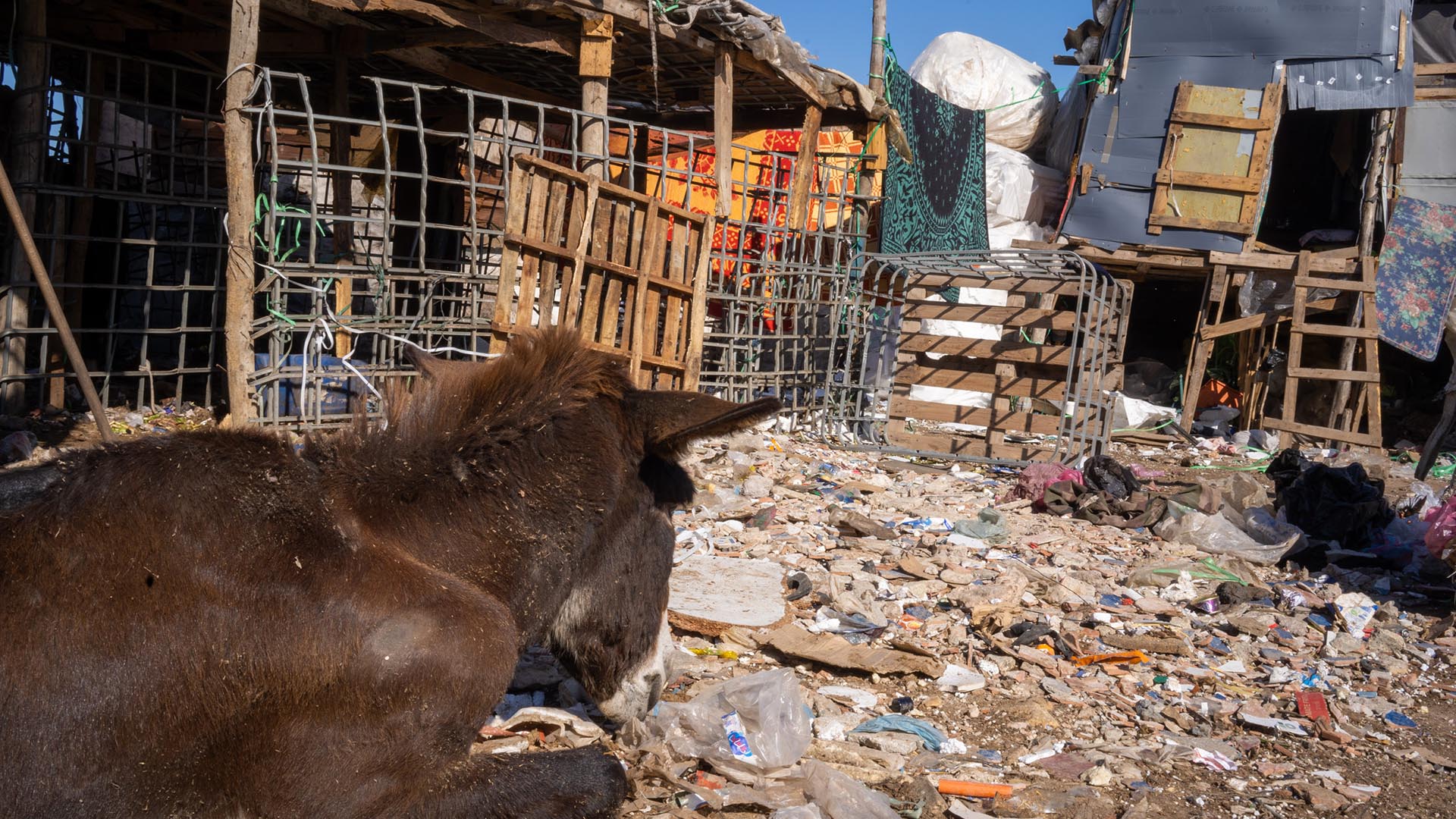
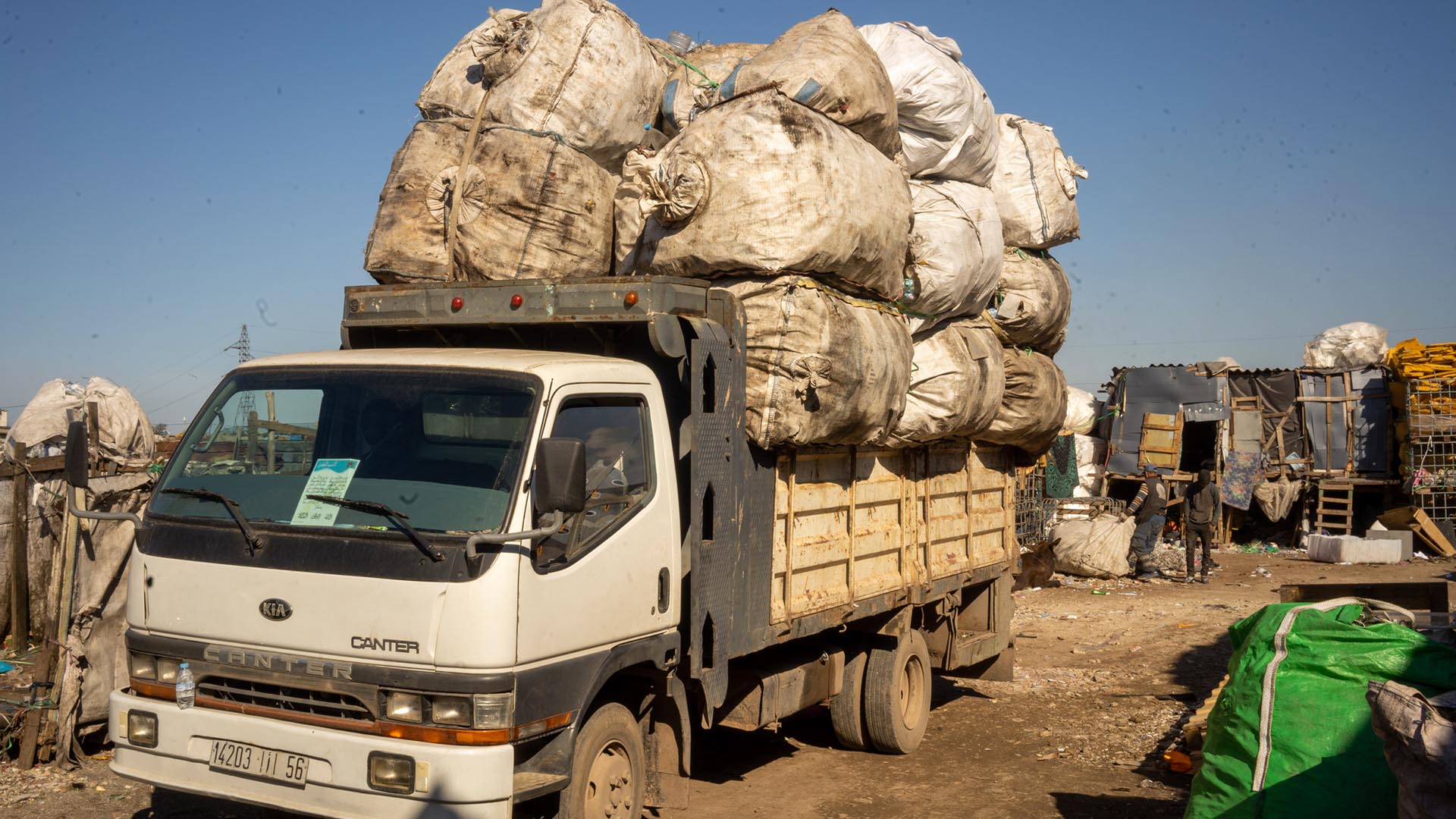
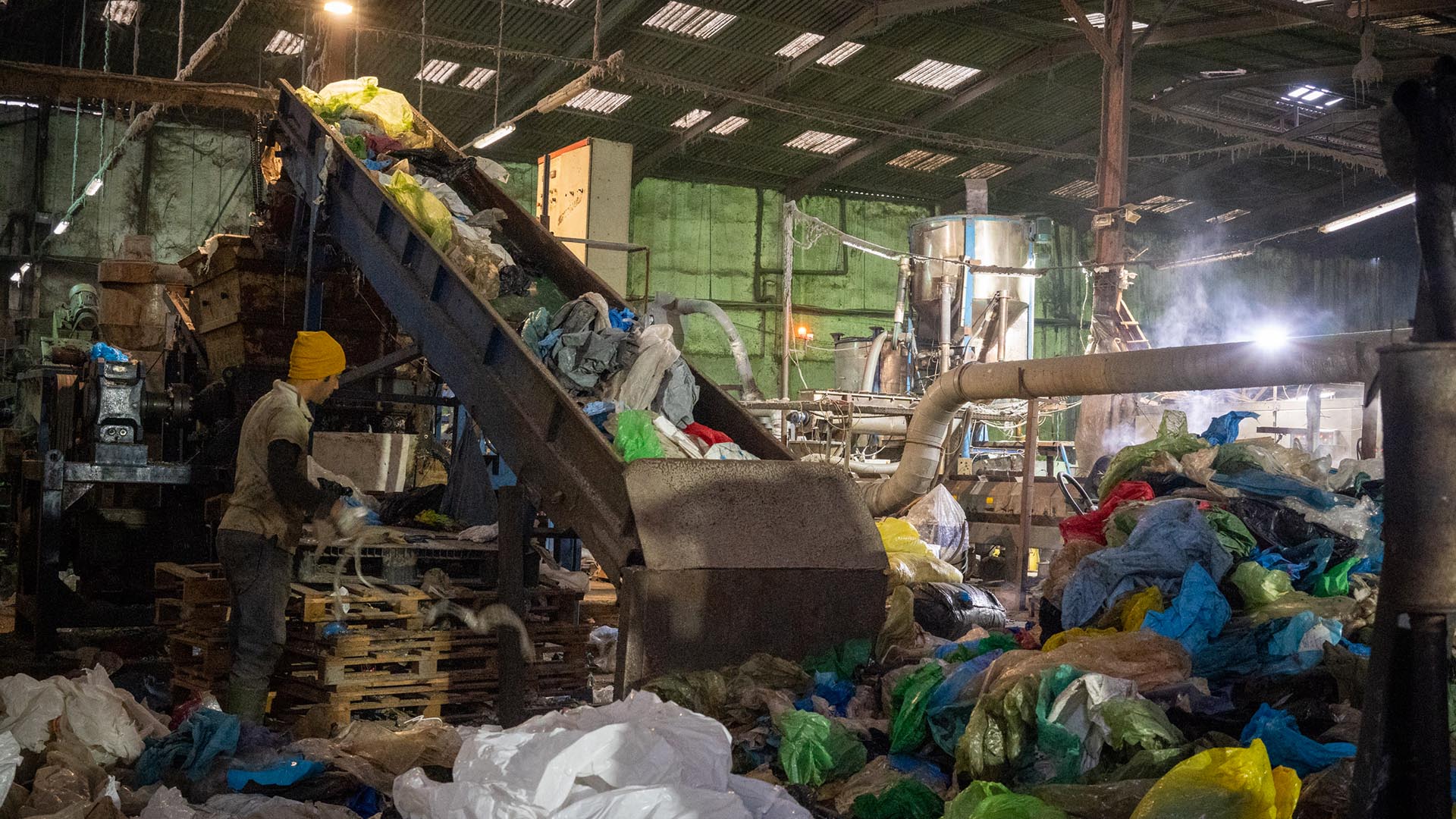
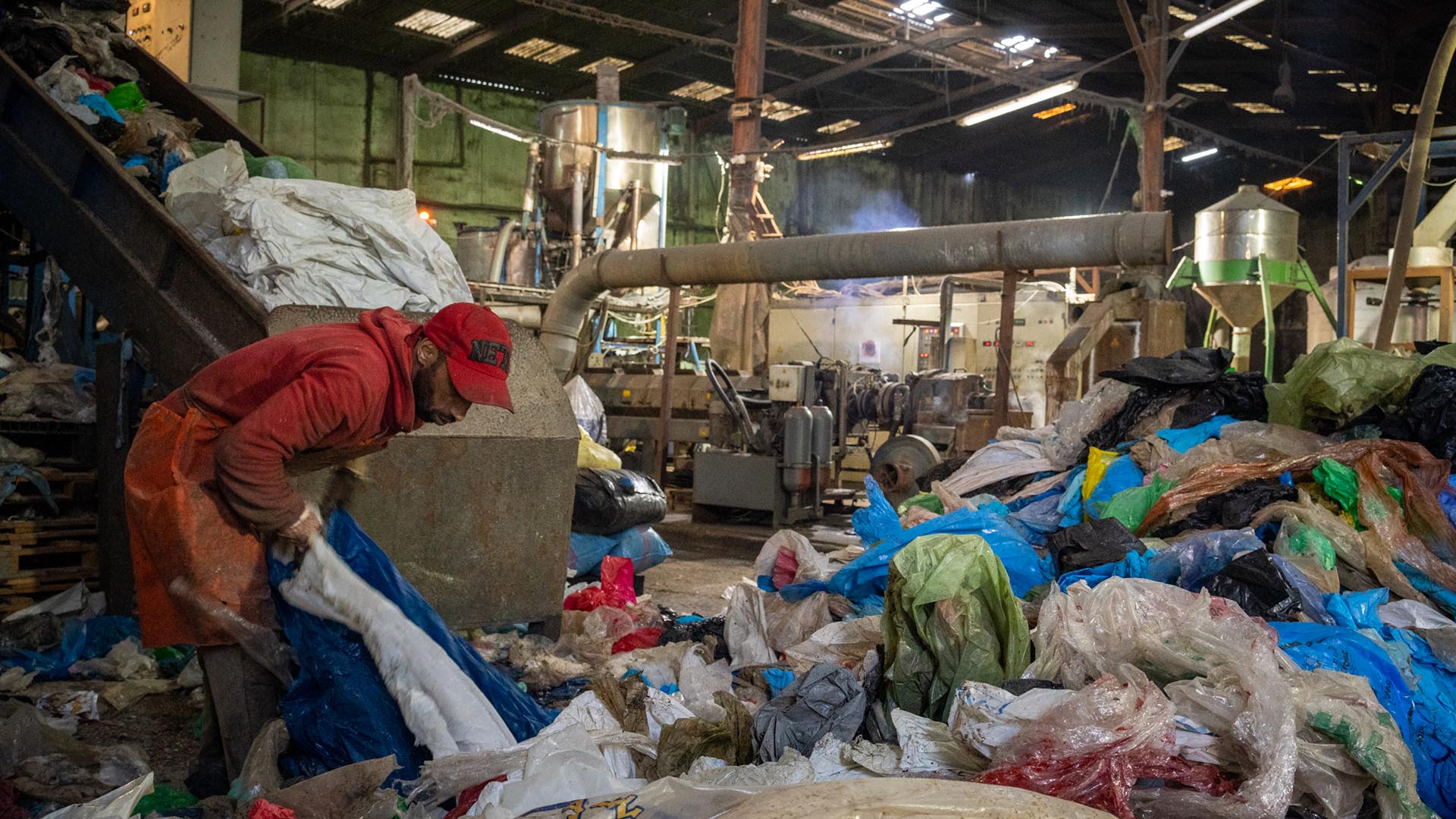
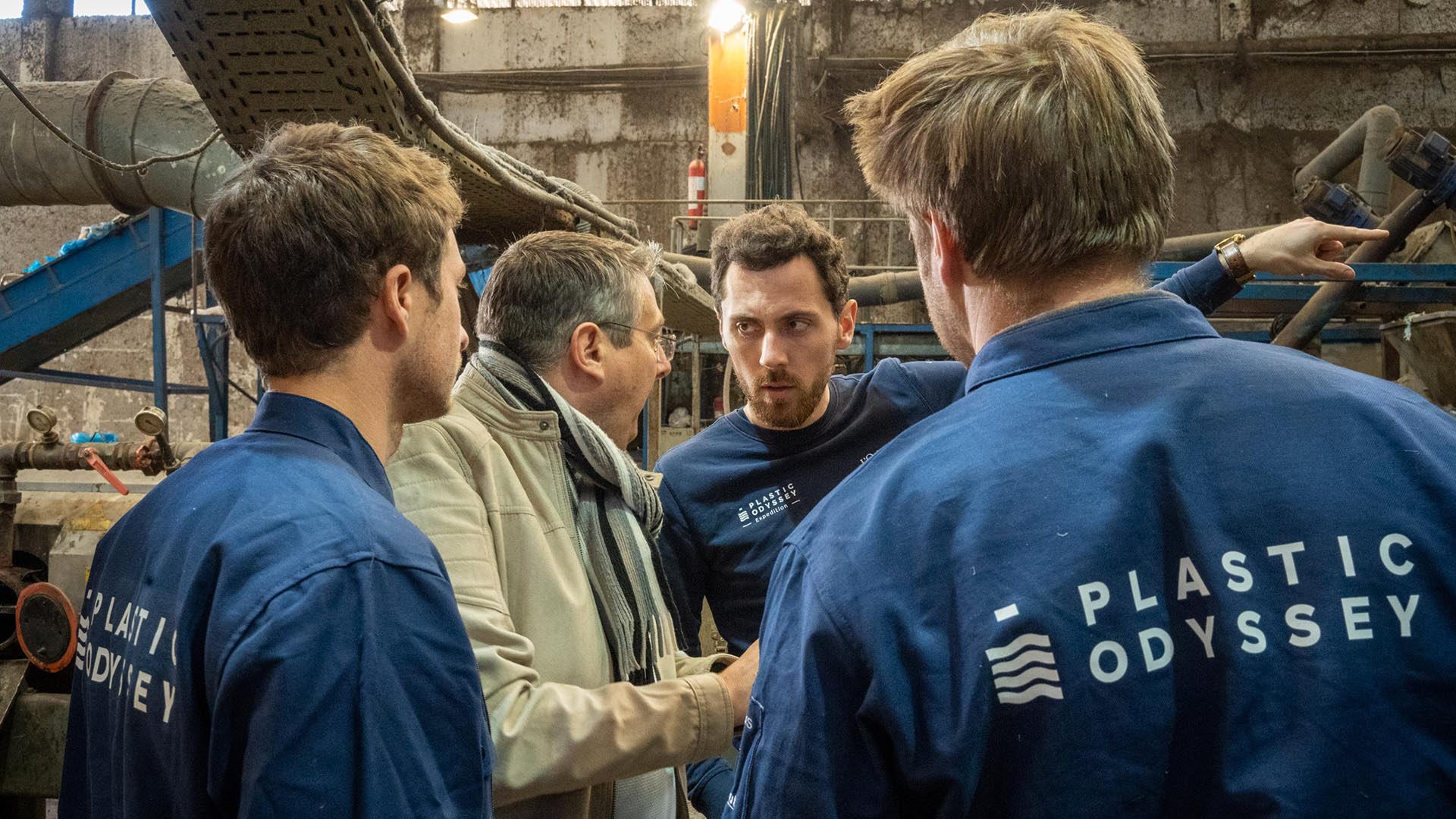
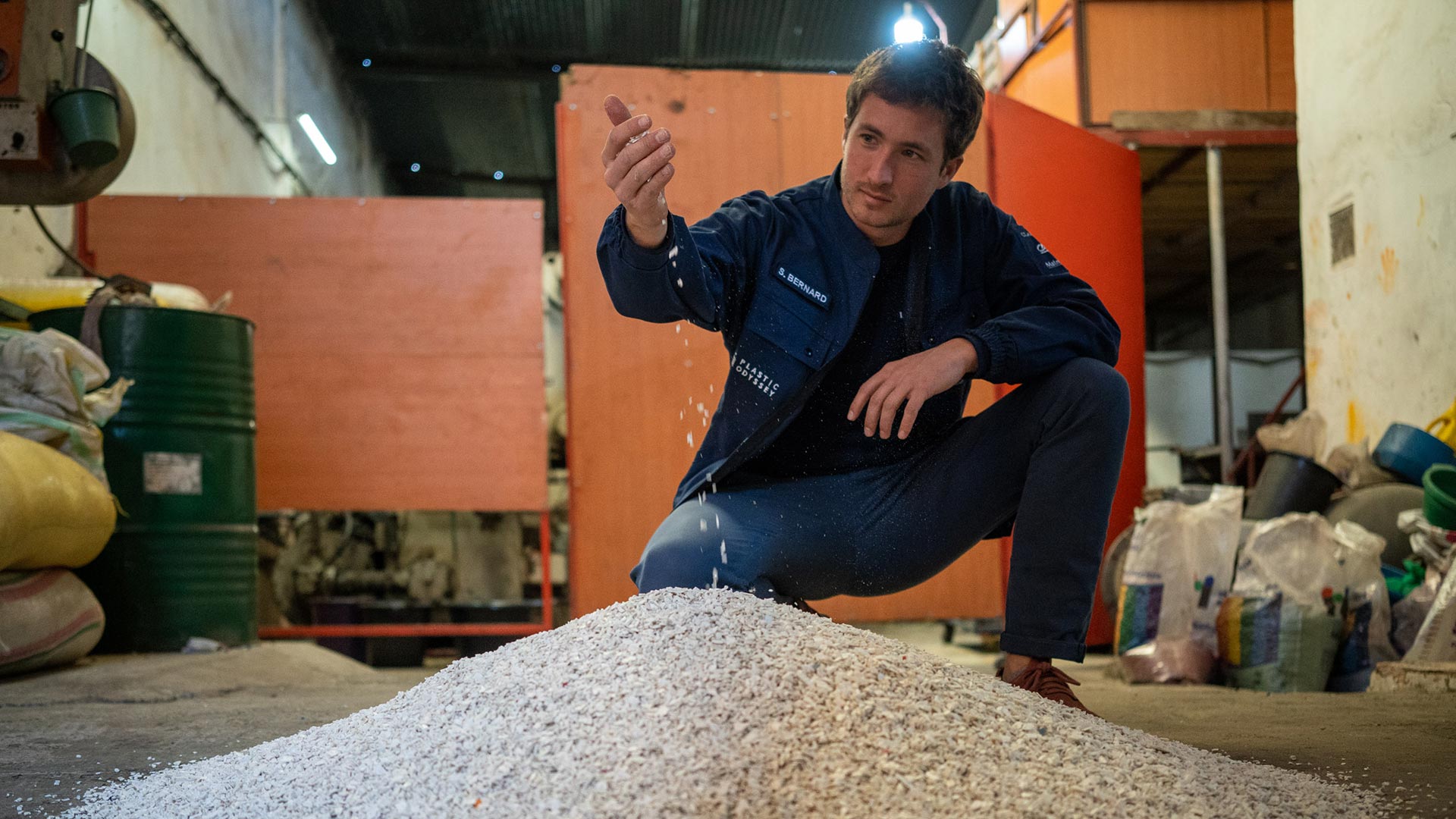
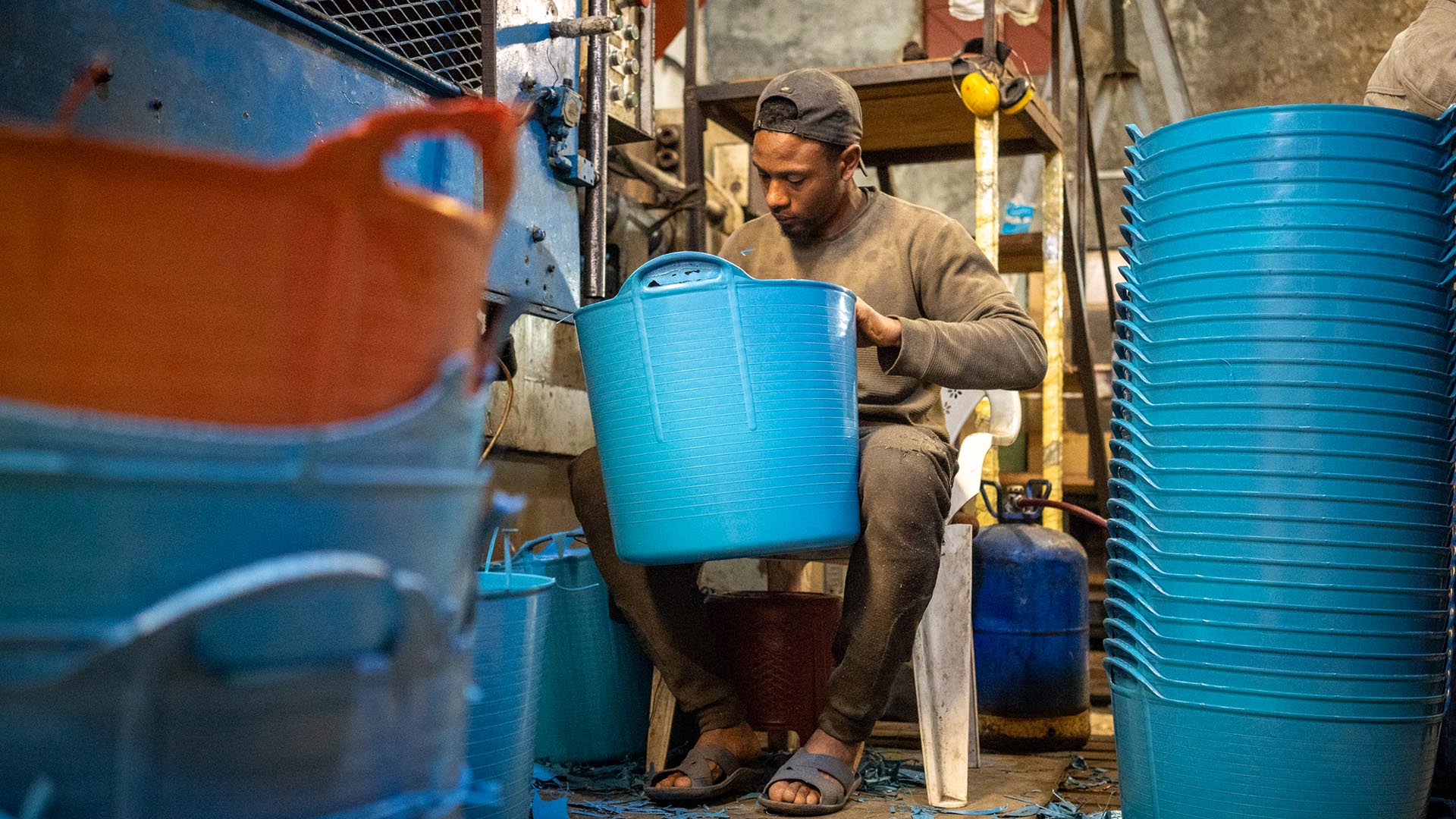
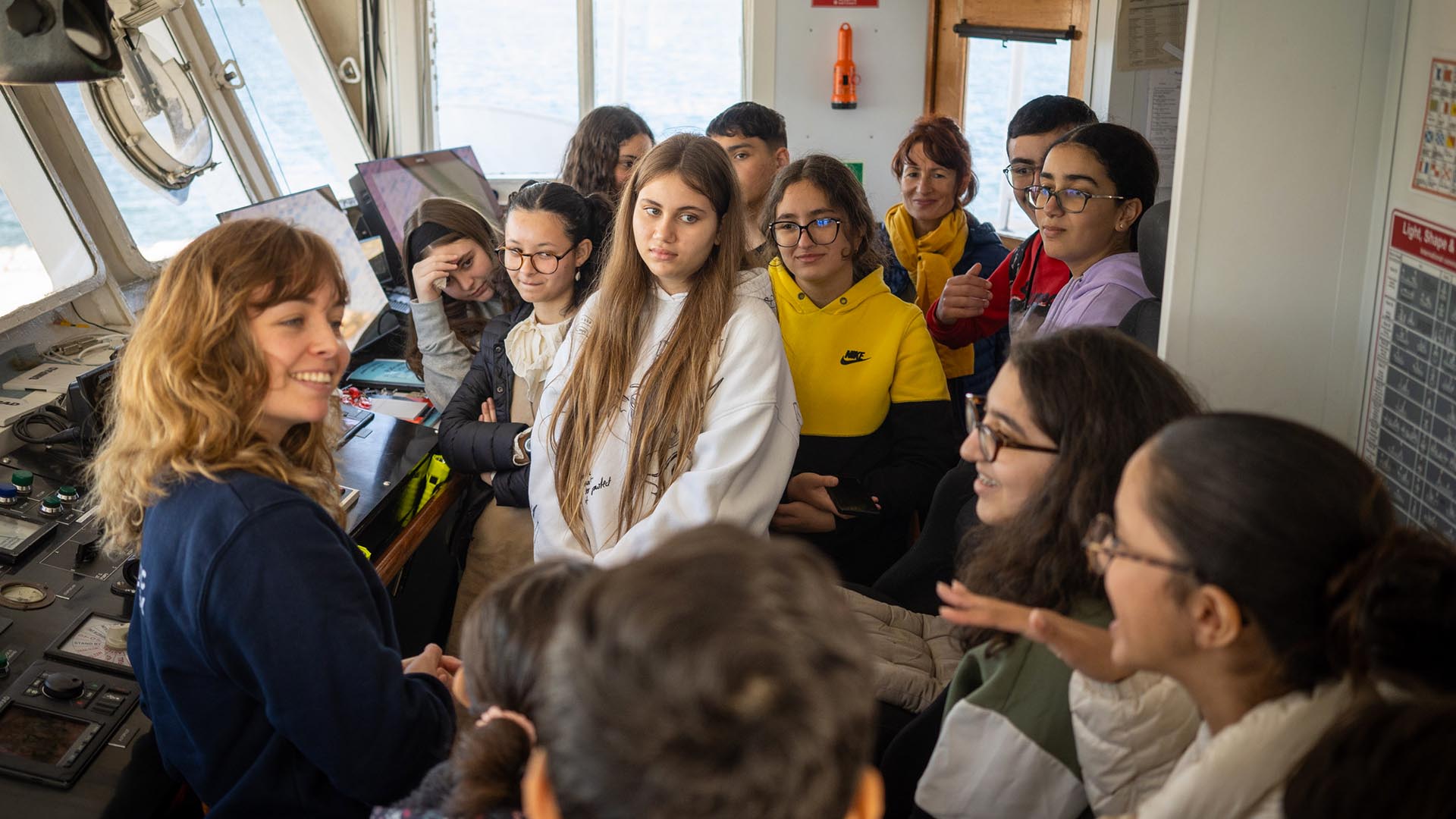
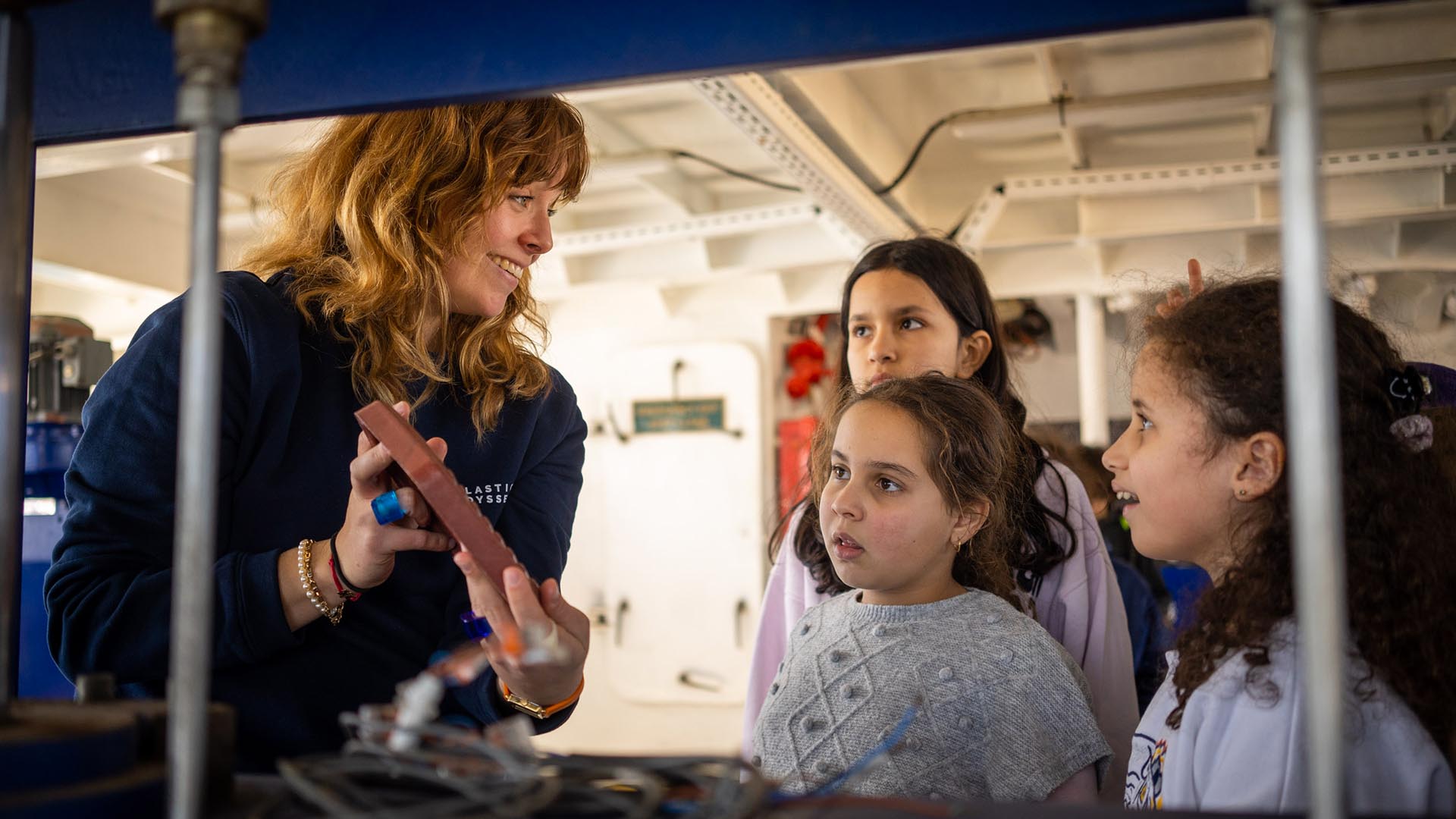
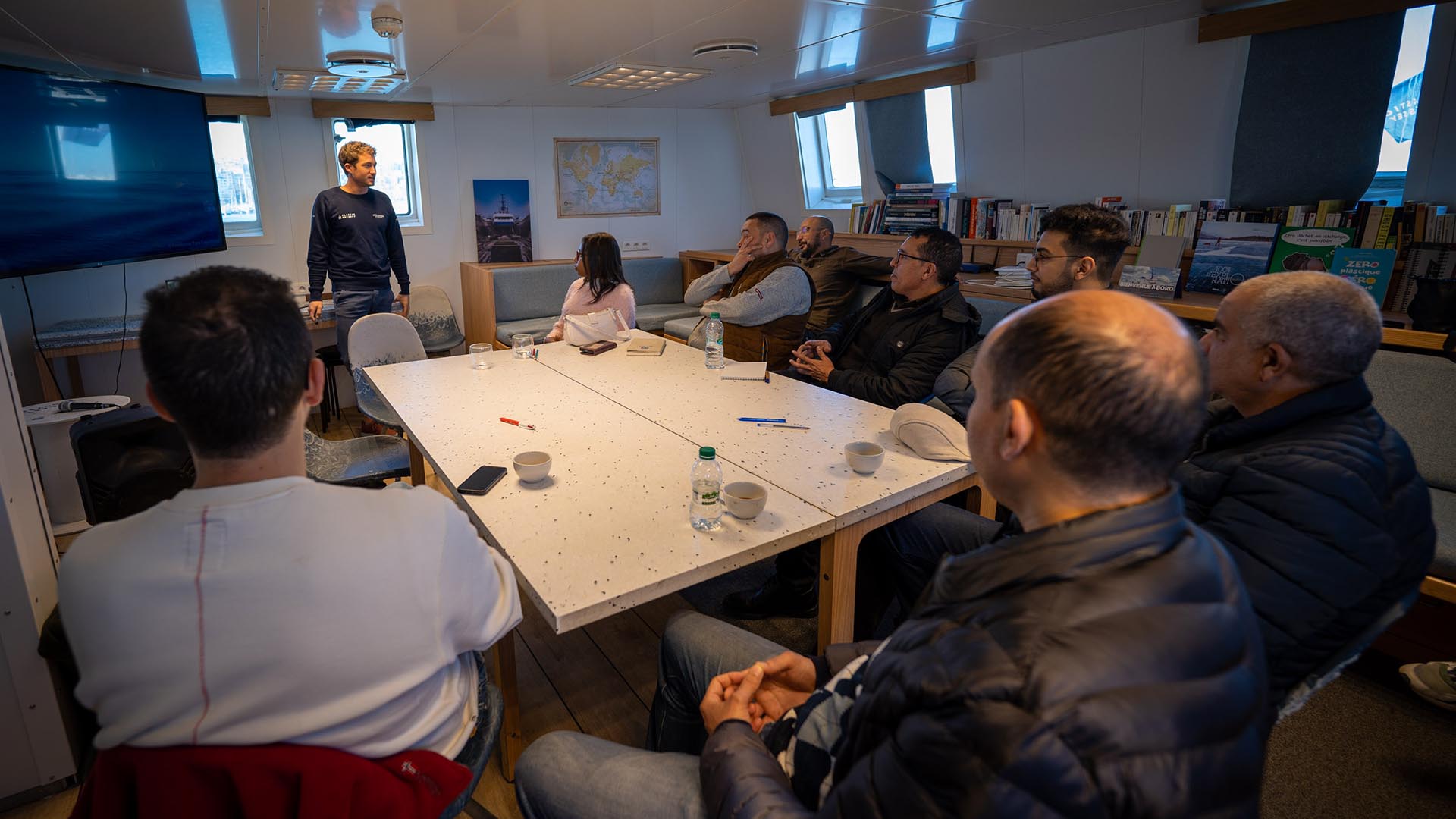
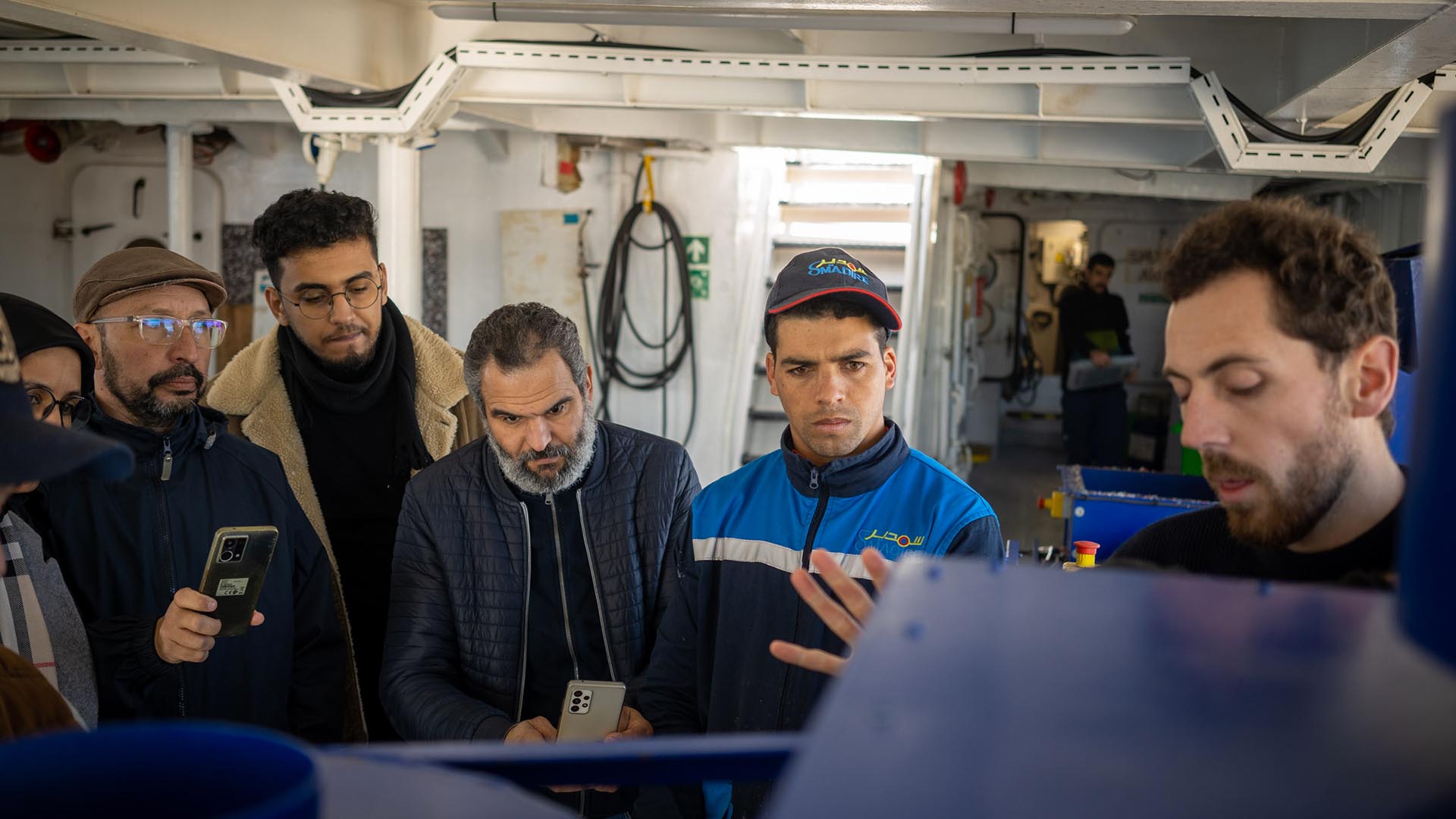
On October 1st, 2022, about twenty explorers set sail from Marseille aboard the Plastic Odyssey ship for a 3-year expedition around the world. They are heading towards the coastal regions most affected by plastic pollution.